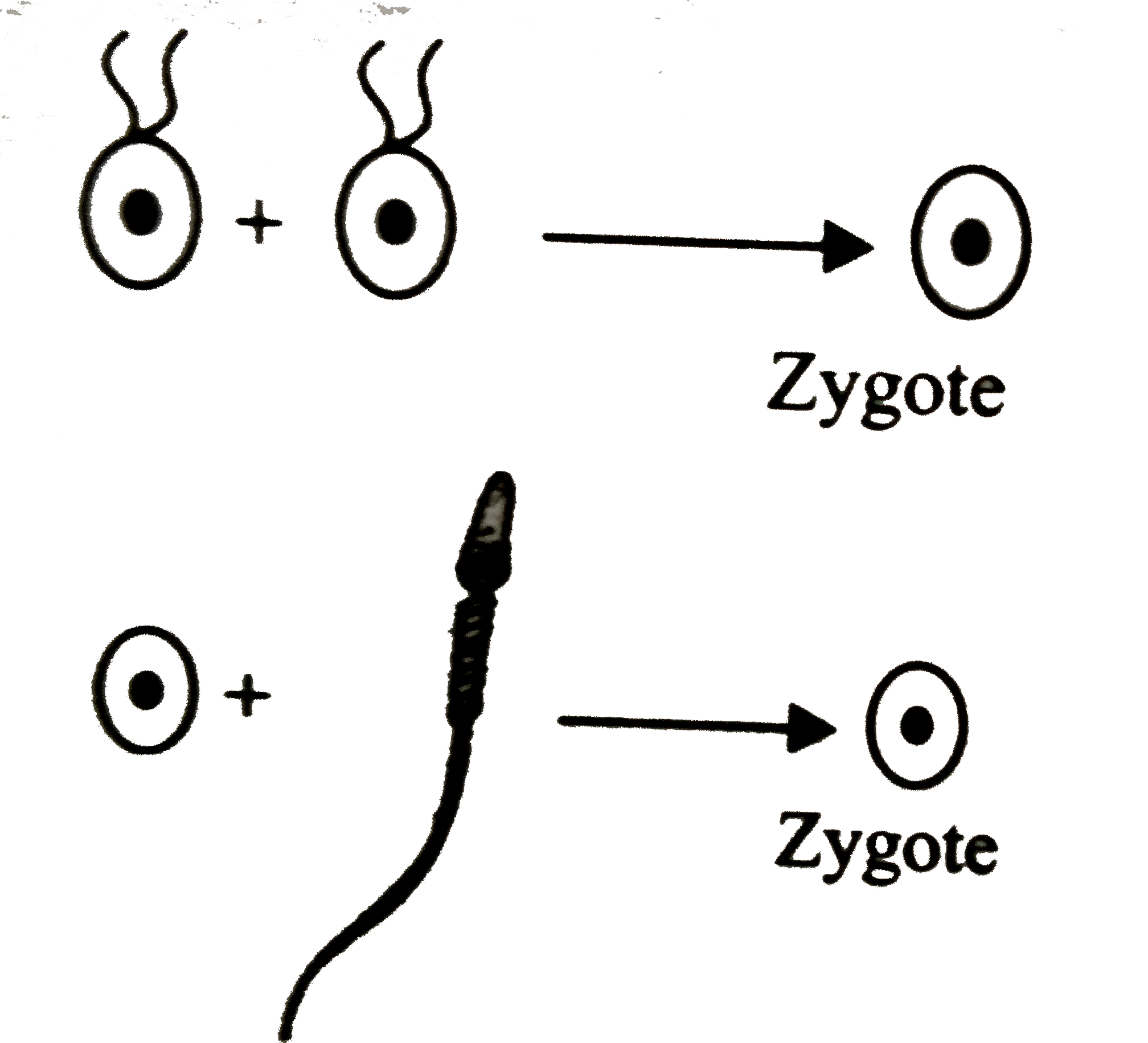Mention different types of reaction based on their speeds . Give examples .
Step-by-Step Solution:
1. Introduction to Reaction Speeds: Chemical reactions can be classified based on their speeds into three main categories: very slow reactions, very fast reactions, and moderate reactions.
2. Very Slow Reactions:
- Definition: These reactions take a long time to complete, indicating a low rate of reaction.
- Examples:
- Photosynthesis: The process by which green plants convert sunlight into chemical energy.
- Rusting of Iron: The slow oxidation of iron in the presence of moisture and oxygen.
- Formation of Coal and Petroleum: Geological processes that take millions of years to form these fossil fuels.
3. Very Fast Reactions:
- Definition: These reactions occur in a very short time frame, indicating a high rate of reaction and typically have a smaller activation energy.
- Examples:
- Reaction between Sodium Chloride and Silver Nitrate: This reaction produces Silver Chloride and Sodium Nitrate almost instantaneously.
- Burning of Petrol: A rapid combustion reaction that releases energy quickly.
- Neutralization Reactions: The reaction between acids and bases, which occurs quickly to form salt and water.
4. Moderate Reactions:
- Definition: These reactions are neither very slow nor very fast, falling somewhere in between.
- Example:
- Hydrolysis of Sucrose: The breakdown of sucrose into glucose and fructose, which occurs at a moderate pace.
5. Conclusion: In summary, chemical reactions can be categorized based on their speeds into very slow, very fast, and moderate reactions, each with distinct characteristics and examples.
- Definition: These reactions take a long time to complete, indicating a low rate of reaction.
- Examples:
- Photosynthesis: The process by which green plants convert sunlight into chemical energy.
- Rusting of Iron: The slow oxidation of iron in the presence of moisture and oxygen.
- Formation of Coal and Petroleum: Geological processes that take millions of years to form these fossil fuels.
- Definition: These reactions occur in a very short time frame, indicating a high rate of reaction and typically have a smaller activation energy.
- Examples:
- Reaction between Sodium Chloride and Silver Nitrate: This reaction produces Silver Chloride and Sodium Nitrate almost instantaneously.
- Burning of Petrol: A rapid combustion reaction that releases energy quickly.
- Neutralization Reactions: The reaction between acids and bases, which occurs quickly to form salt and water.
- Definition: These reactions are neither very slow nor very fast, falling somewhere in between.
- Example:
- Hydrolysis of Sucrose: The breakdown of sucrose into glucose and fructose, which occurs at a moderate pace.
Similar Questions
Knowledge Check
Refer to the given diagrams showing different types of syngamy and select the option that gives correct example of each of these.
 A i iiFucusChlamydomonasB i iiHomo sapiensFucusC i iiFucusCladophoraD i iiCladophoraHomo sapiens
A i iiFucusChlamydomonasB i iiHomo sapiensFucusC i iiFucusCladophoraD i iiCladophoraHomo sapiens
Mention the type of reactions : 2HgO→2Hg+O2
View SolutionAre the different types of plastids interchangeable? If yes, give examples where they are getting converted from one type to another.
View SolutionMention the different types of plants included in the kingdom Plantae.
View SolutionWhat is structural isomerism ? Define different types of structural isomerism and give an example of each.
View SolutionWhat are different types of decomposition reaction?
View SolutionWhat are bronsted and arrhenius bases ?Give Examples
View SolutionWhat are the various types of wave? Give examples.
View Solution
